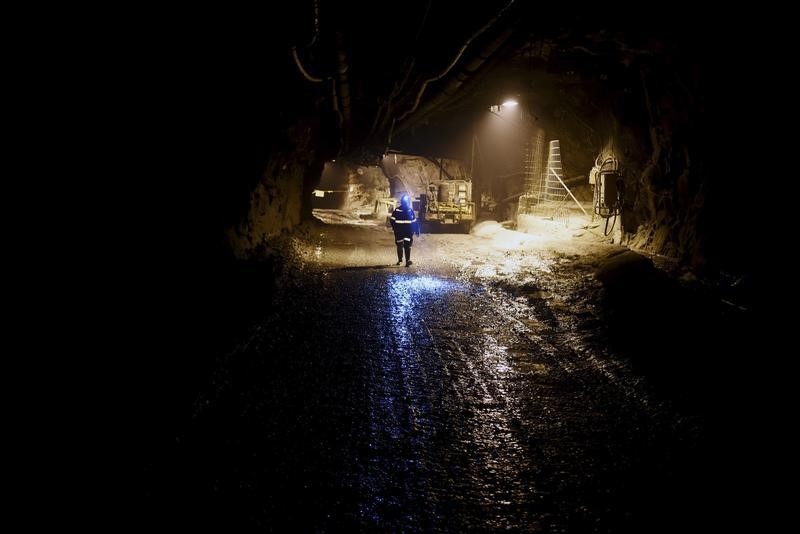(Corrects number of officials in paragraphs 3,6 to several, not 2; corrects paragraph 8 appointment tally to 15, not 14)
ULAANBAATAR, July 25 (Reuters) - Mongolian President Tsakhia Elbegdorj is already at loggerheads with the new prime minister over cabinet appointments, raising the spectre of further instability as the economy slows and foreign investment declines.
In June, Elbegdorj's Democratic Party lost a landslide parliamentary election to the Mongolian People's Party (MPP) of former finance minister Jargaltulga Erdenebayar, who took over as prime minister this month. dispute centres on the prime minister's appointments of several officials that violate a presidential order to avoid conflicts of interest by not giving ministerial posts to members of parliament.
"The new government: I can't say it's professional," Elbegdorj wrote on his official account on social media network Twitter on Monday, adding, "Money and power trump the rules."
Foreign investment, led by the giant Oyu Tolgoi copper-gold mine now run by Rio Tinto RIO.AX RIO.L , powered a two-year economic boom in Mongolia from 2010, but growth has slumped because of slowing demand from neighbouring China, along with investor concerns about a surge in "resource nationalism".
Among the officials figuring in the clash are Tsedev Dashdorj, a former oil company engineer appointed to oversee the mining industry, which attracts most of Mongolia's foreign investment, and business tycoon and land developer Battogtokh Choijlsuren.
Nicknamed "speed" for his businesses, the latter will oversee Mongolia's growing debt, which amounted to 66.3 percent of GDP in 2015, according to Fitch Ratings.
Mongolia's legislature, the State Great Khural, worked into the early hours of Saturday before approving 11 of the prime minister's 15 appointments.
The posts for energy, health, food and agriculture and industry, however, remained vacant amid concerns about conflicts of interest.
In 2014, the president proposed to ban the "Double Deel", the practice of individuals holding multiple roles in government that is named for the traditional robes Mongolians wear, but parliament did not pass the bill.
